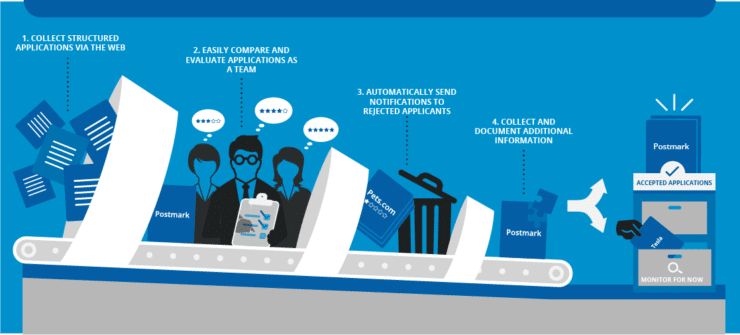Guest Feature | DealMatrix - Innovation scouting in the digital age
The Global Entrepreneurship Monitor reveals that there are roughly 600 million entrepreneurs in the world, who are engaged with around 300 million startups. Couple this with the thousands of research papers that are published every day and you have a world awash with innovation.

With such a vast amount of information, it’s perhaps not surprising that a growing number of companies are turning to technology to help them identify the best innovations from around the world.
Meta is a tool developed by SRI International to spider every single publication from over 17 million academics around the world. The tool aims to help the user make sense of this vast quantity of data by constructing the hottest trends from this dataset.
French company Expernova aims to go further still. Not only do they spider the research literature, but they also include patent data, clinical trial information, corporate whitepapers, grant information from bodies such as Horizon2020 and a growing database of startups.
The database has information from 52 countries around the world, and has an impressive client list among French multi-nationals, including the likes of L’Oreal and Nestle.
Knowing what to look for
Most of these platforms take a user-driven approach to their work, with the user required to know what they’re looking for to derive value from the tools. This is a stumbling block, as a detailed analysis of all patent data from the U.S. Patent Office found that 40% of all patents are what’s known as recombinative. In other words, they are refinements of existing work rather than truly novel inventions. This commonly means taking innovations that already work in one field and deploying it in another. This trend is accelerating, with more and more modern inventions falling into this category.
A team of researchers from Carnegie Mellon University and the Hebrew University of Jerusalem have attempted to automate this process as well. In a recent paper they outline their AI-driven technology that not only scours the academic literature and patent databases, but also propose potential recombinative ideas.
Their algorithm was trained to understand and identify analogies in a wide range of texts, with the algorithm then able to connect seemingly disparate methods and problems.
Suffice to say, some of these tools are a lot more advanced than others, but they are a clear insight into the direction of travel the industry is going in. Just as we use search engines to find information on the Internet, there are increasingly capable tools to help us find the most interesting innovations (and innovators).
The cream of the crop
Whereas the toolset for dissecting the academic and intellectual literature is increasingly sophisticated, the toolset for doing the same with the startup landscape is much less developed. This often results in investors relying on Excel or a CRM system rather than something specifically designed for the job. Help is at hand however, with a burgeoning range of tools emerging to help apply the structured analysis of the startup world in the same way as the tools above allow for the academic world.
DealMatrix is one such tool in the startup domain. It allows companies to open a call for applications around innovation challenges, startup conferences, pitching competitions, investment networks or corporate innovation partnerships.

It will ultimately provide you with an end-to-end service to find startups, support engagement with them, and manage interactions as the project unfolds. In essence, it’s taking the structured profiles found in the various tools identified above from the academic world and applying them to the startup landscape. The aim is to move on from the scattergun approach of relying on the unstructured and un-objective data contained in a pitchdeck, and instead giving investors, corporates and events access to all data pertaining to that startup, not just the things they want you to know.






Write a comment